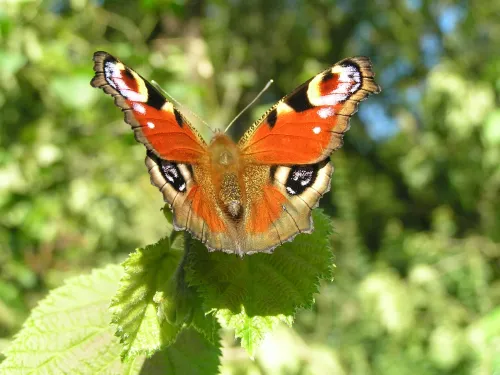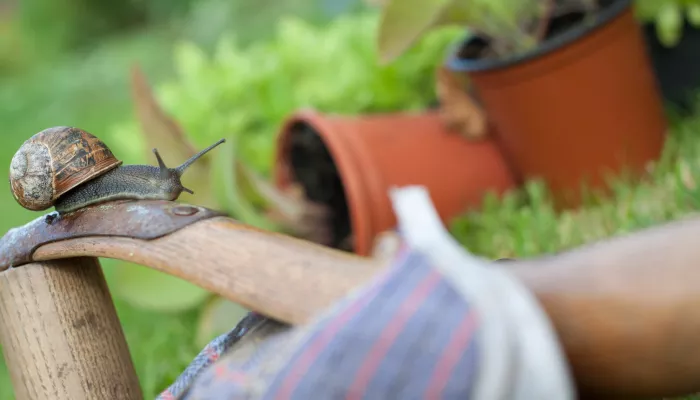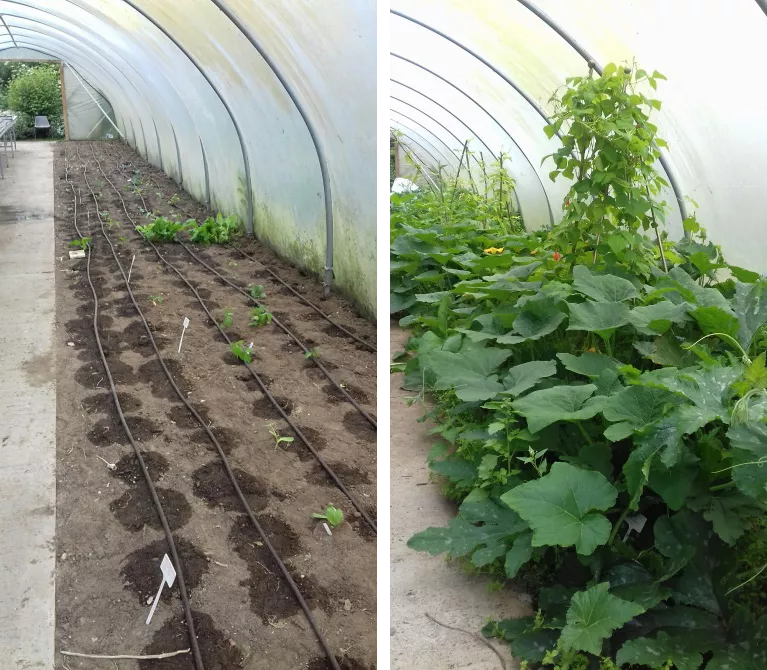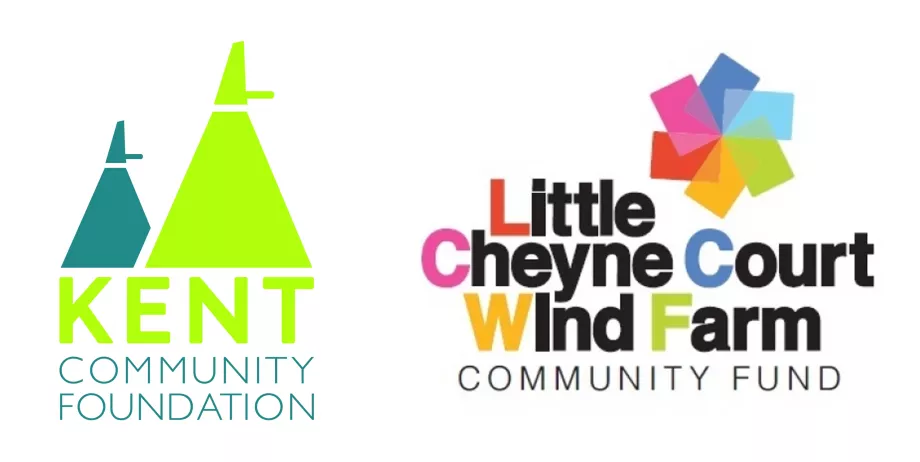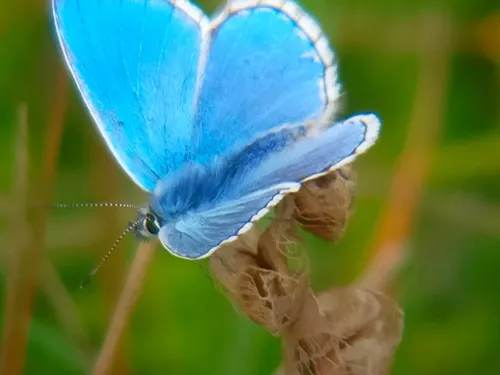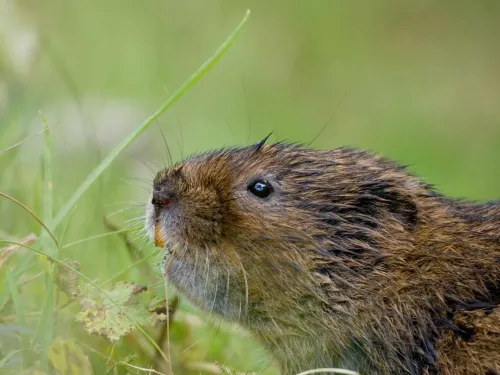Many thanks to Little Cheyne Court Wind Farm Fund and Kent Community Foundation for their generous donation, and our volunteers at Romney Marsh Visitor Centre for their amazing work installing the irrigation system.
Exciting plans are in the pipeline for our Visitor Centre at Romney Marsh, which will allow us to make even more use of the fantastic produce grown in the Marsh Community Garden, if you would like to be part of our Volunteers team down on Romney Marsh, please contact the Visitor Centre team, Liz Grant/Louise Pyke (01797 369487) or Dawn Champion (01622 662012).
